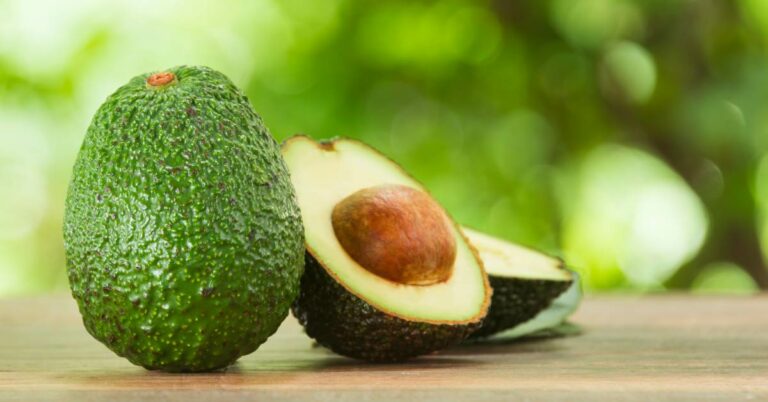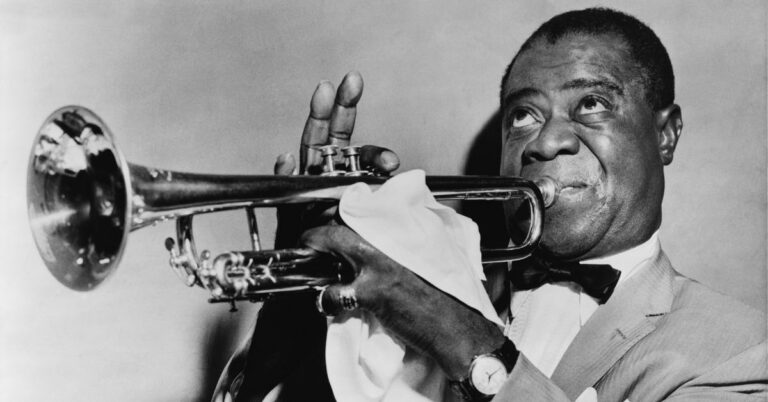The word “orange” has a fascinating history that reflects the spread of citrus fruits around the world, the development of language, and the influence of trade and exploration on global culture. In this article, we will explore the origins and evolution of the word “orange.”
Origins in Sanskrit and Arabic
The word “orange” can be traced back to the Sanskrit word “naranga,” which referred to a fragrant citrus fruit that was cultivated in India and Southeast Asia. The word was then adopted into Persian and Arabic as “naranj,” which referred to both the fruit and its color.
Spread to Europe
The Moors brought the orange to Spain in the 8th century, and the fruit quickly became popular throughout Europe. However, it was not until the 16th century that the word “orange” was introduced to the English language. Prior to this, the color was referred to as “yellow-red” or “red-yellow.”
Evolution of the Word
The introduction of the word “orange” to English was likely influenced by the Dutch, who had developed a strong trade relationship with Spain and were known for their expertise in horticulture. The Dutch word for the fruit was “sinaasappel,” which meant “Chinese apple,” reflecting the belief that the fruit had originated in China.
Over time, the English word “orange” became more widely used to refer to both the fruit and its color, and the word “yellow-red” gradually fell out of use. Today, the word “orange” is synonymous with the citrus fruit and is widely used to describe a range of shades from pale yellow to deep red-orange.
Cultural Significance
The orange has played an important role in many cultures throughout history, and the word “orange” has come to symbolize many different things. In Chinese culture, the orange is a symbol of good luck and prosperity, while in Western culture, the fruit is associated with Christmas and the holiday season.
The color orange is also associated with a range of emotions and meanings, from warmth and energy to danger and warning. The word “orange” is therefore a powerful and evocative term that reflects the complex and multifaceted role of the citrus fruit in global culture.
Conclusion
The word “orange” has a rich and complex history that reflects the spread of citrus fruits around the world, the development of language, and the influence of trade and exploration on global culture. Today, the word is synonymous with both the fruit and its color, and serves as a powerful symbol of the many different meanings and associations that can be attached to a single word.














